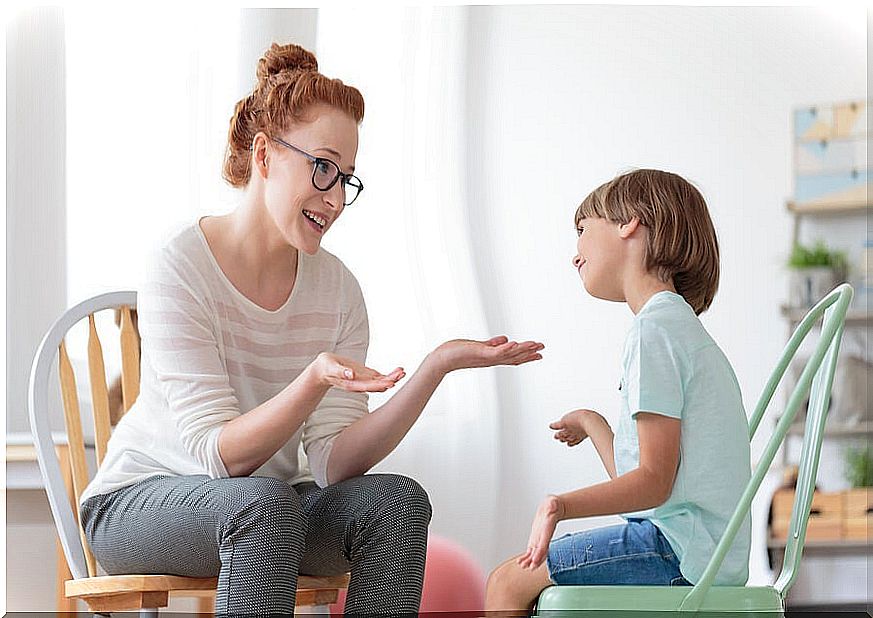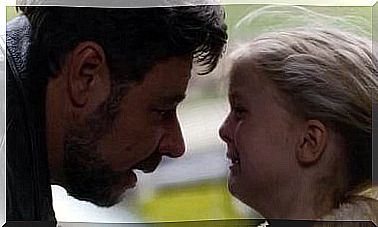Educate Our Children In Responsible Consumption
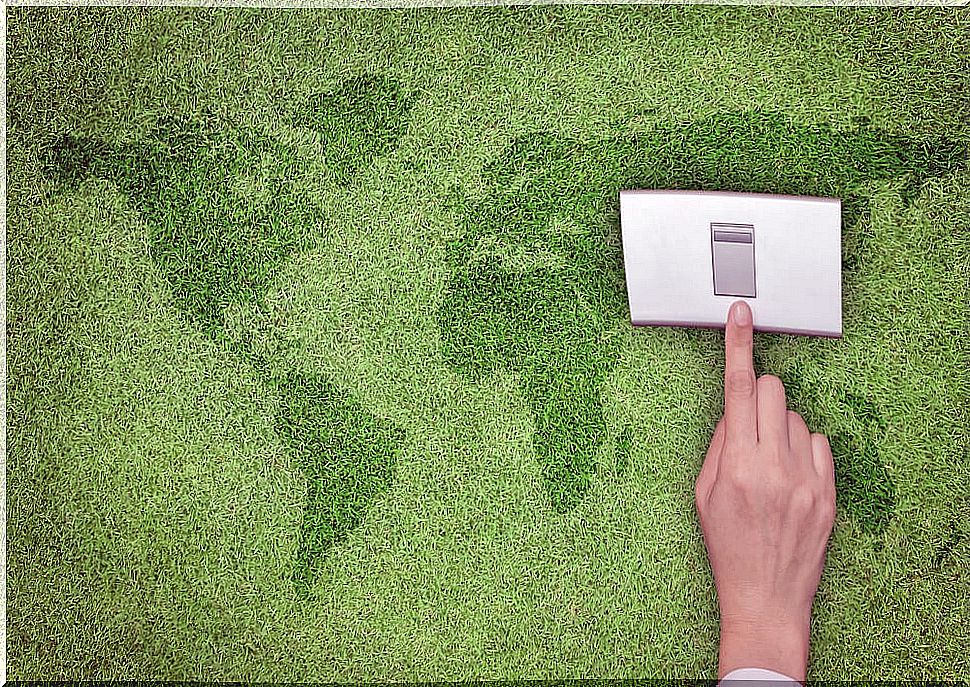
Educating our children in responsible consumption implies that they develop conscious and critical attitudes when buying products, along with other actions, such as recycling garbage, saving energy and caring for water, which are essential for the preservation of our environment.
The preservation of the environment through its care is possible if we incorporate sustainable habits and adopt attitudes of respect for the environment.
What is responsible consumption?
Responsible consumption is an attitude on the part of consumers and users that implies making a conscious and critical consumption. This means that, when buying a product or hiring a service, we guarantee that they have the least possible impact on the environment.
With which, responsible consumption involves a rethinking of our needs to satisfy them, thus contributing to a more sustainable and just society. And it means the need for the development of practices at a personal, institutional, organizational and business level that contribute in this regard.
It is essential to adopt actions, daily routines and responsible decisions about what type of products to buy. That they are respectful with the environment, and which ones are dispensable, because they are not respectful or because we do not need them.
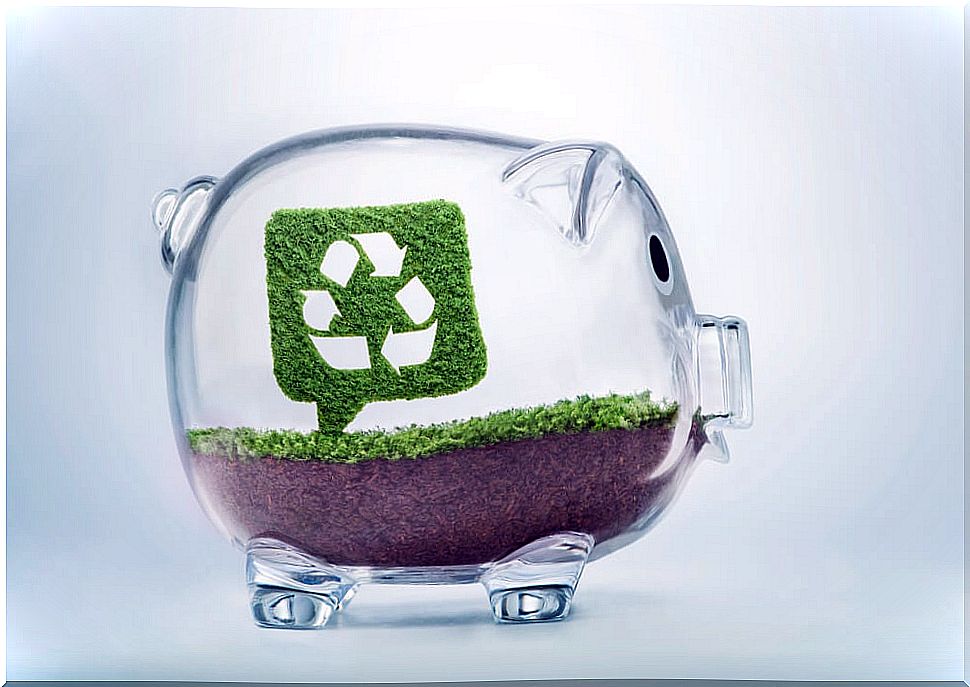
Responsible consumption also implies knowing and deciding on the companies that make them, and knowing if they comply with all the rights and principles of social justice. We must opt for sustainable and fair production-distribution-consumption-waste models.
Educate our children in responsible consumption
Although the educational system is also responsible for the education of our children, it is in the habits of life within our homes where responsible consumption must truly begin and be exercised. Educating our children in responsible consumption is an inescapable responsibility, both for the school institution and for parents.
In the first place, we must start from the basis that the first step to educate in responsible consumption is by example. We cannot get our children to adopt sustainable habits and develop practices of respect for the environment if they do not see it in their own family environment.
To educate our children in responsible consumption we must consider the following:
- Develop in them patterns of behavior based on our own example, promoting values of caring for our environment.
- Explain and inform them about the environmental repercussions that the purchase of certain products can have.
- Promote fair trade. Explain and inform our children that every product has cultivation, harvesting and manufacturing behind it, and that people do it. People who have the right to good working conditions.
- That they are able to tolerate no for an answer, and the reasons why you cannot buy everything you see and want.
- Constantly respect in all the daily practices that we develop at home the rule of the three Rs, ” Recycle, Reuse, Reduce .” Which translates, in the first place, in throwing the garbage in the corresponding containers, and in actions such as recycling paper or reusing plastic bottles.
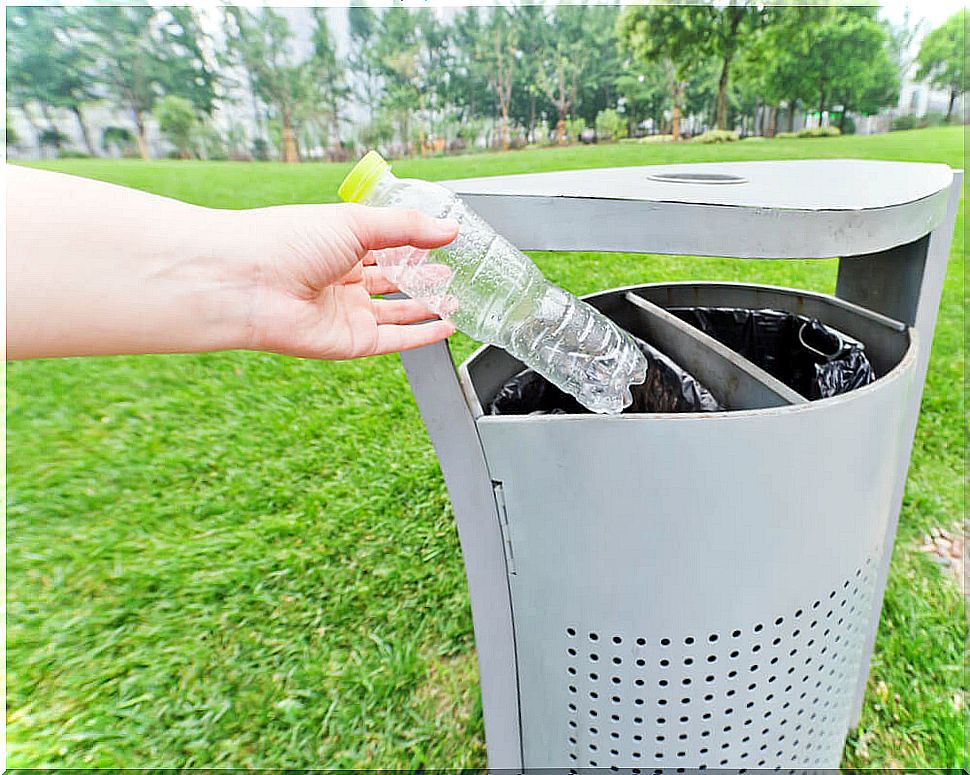
- Teach them the value of work, not to waste and not to spend and buy unnecessarily. Our children must be aware of the effort involved in getting things done.
- Ensure that they develop daily habits of responsible consumption, such as correctly recycling waste, not wasting water and saving energy.
- Attend solidarity markets with our children, second-hand products, reused or repaired products, or where exchanges are made, both for products and services.
Before buying…
“Do I really need it?” This is the question we must ask ourselves before buying or consuming any product or service. And, if necessary, evaluate not only its quality and price, but also evaluate its environmental and social impact.
That is, if we really need to buy a product, consider the responsibility of the company in charge of its production and its commitment, both to caring for the environment and respecting human rights.
